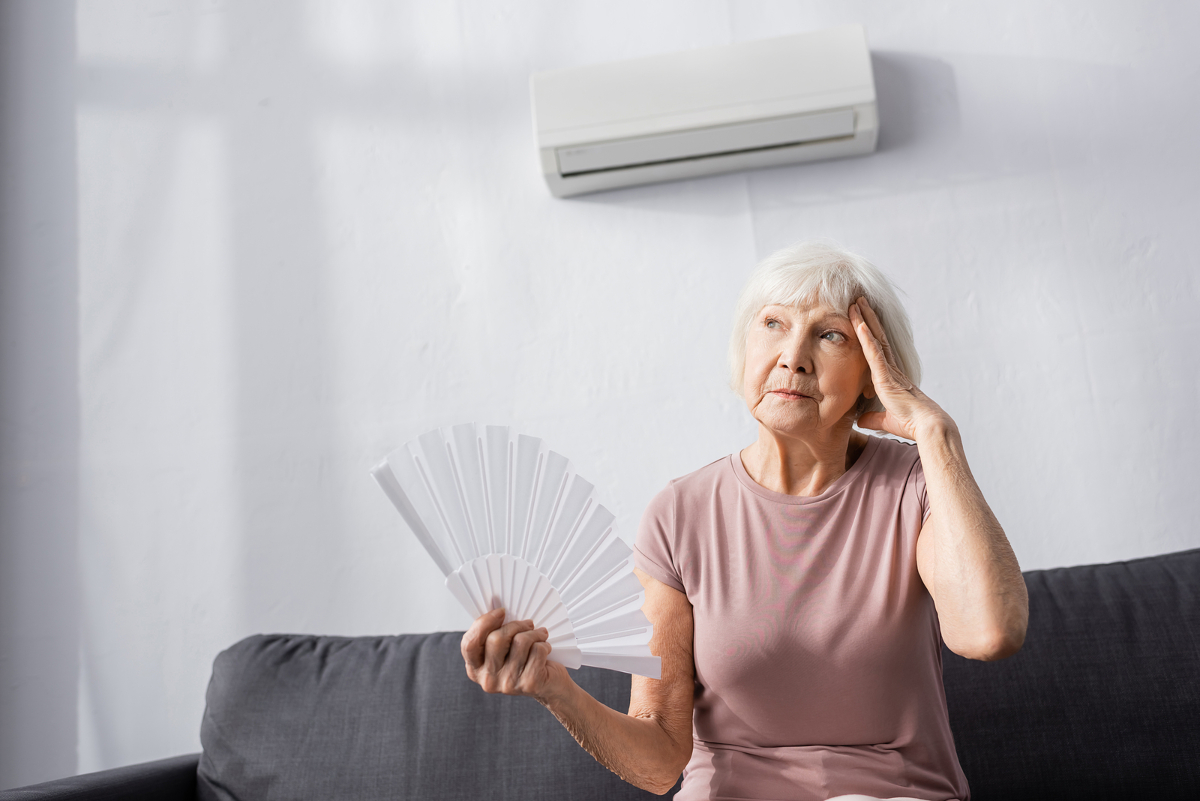What Does Your Senior Need to Know about Low Vision?

Every February is Low Vision Awareness Month, which makes it a great time to check in with your senior about whether she’s noticed any changes in her vision. If she hasn’t been to her eye doctor in a while, now is a perfect time to make an appointment.
Low Vision Defined
Low vision is a specific type of vision loss that isn’t treatable in the expected ways. There aren’t any surgeries or eyeglass prescriptions that can correct low vision for your senior. There are different degrees of vision loss, depending on the type of low vision your senior is facing. Low vision is likely to continue to get worse over time.
Types of Low Vision
There are a variety of different types of low vision, including night blindness, blurry vision, hazy vision, or loss of a specific area of focus. For instance, your elderly family member could be losing peripheral vision or even central vision. All of these different types of low vision affect your senior’s ability to see in different ways and as the condition worsens, your senior may find it more difficult to perform tasks she’s been handling all of her life.
Risk Factors and Causes of Low Vision
Anyone can start to develop low vision because there are so many possible causes, even including simple causes like an injury. Hereditary factors can also be at play with low vision. Older adults are likely to develop low vision simply due to aging, but it can also occur due to eye conditions like macular degeneration or glaucoma. Other health issues, like diabetes, can also contribute to low vision.
Living with Low Vision
Low vision can’t be treated but using additional lighting and magnifying lenses might help a bit. Your elderly family member may find that having senior care at home helps her to feel a little more secure, especially if she’s having trouble with mobility due to her diminished vision. Caregivers can help in other ways, too, even just being a friendly face when your senior needs it. If daily tasks like driving are becoming impossible due to your senior’s vision, senior care at home can be invaluable for her.
Your elderly family member can still lead a full and active life with low vision, but she may need to adjust how she does certain things. Talk with your senior’s eye doctor as soon as possible if you suspect she might have low vision, and consider how senior home care can help as they navigate their new normal.
Subscribe
Date: February 18, 2022


